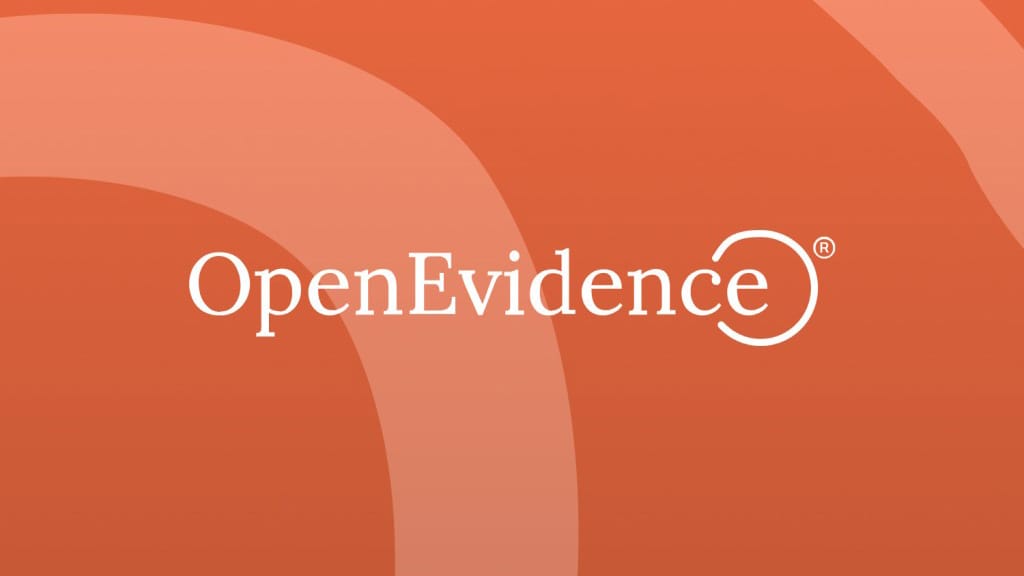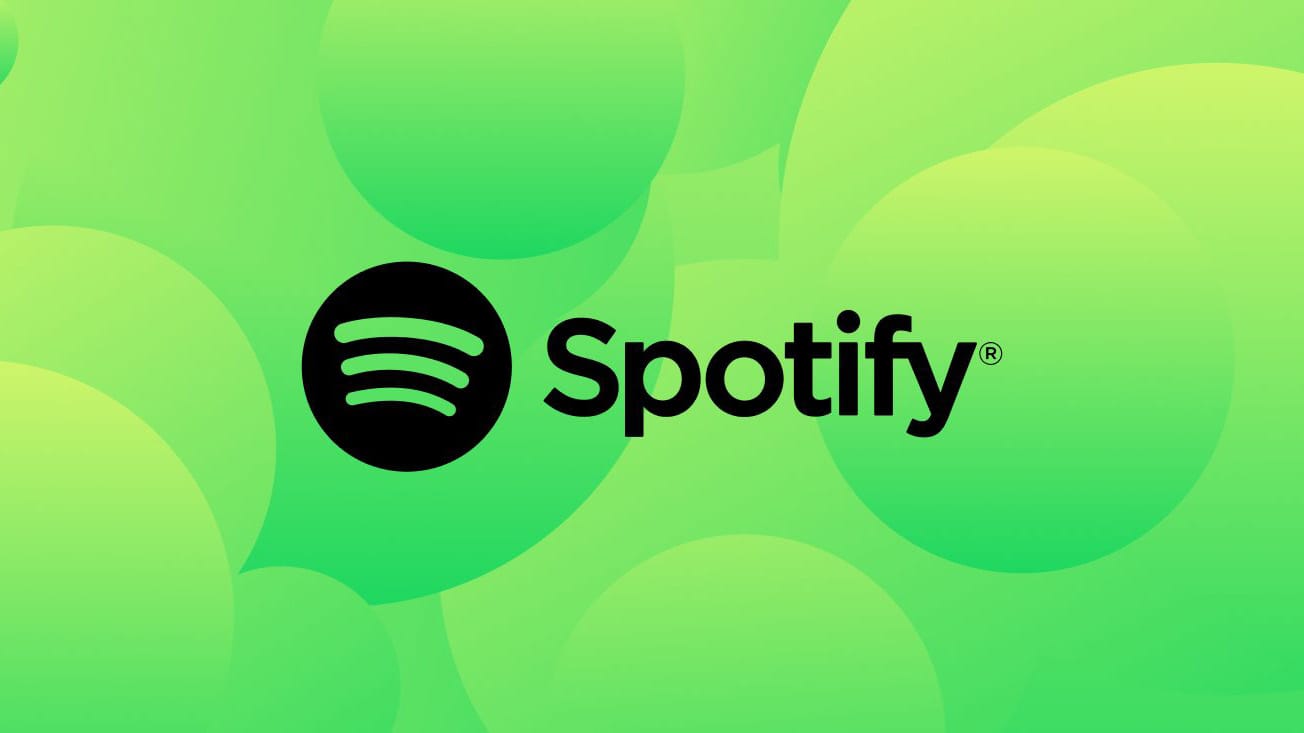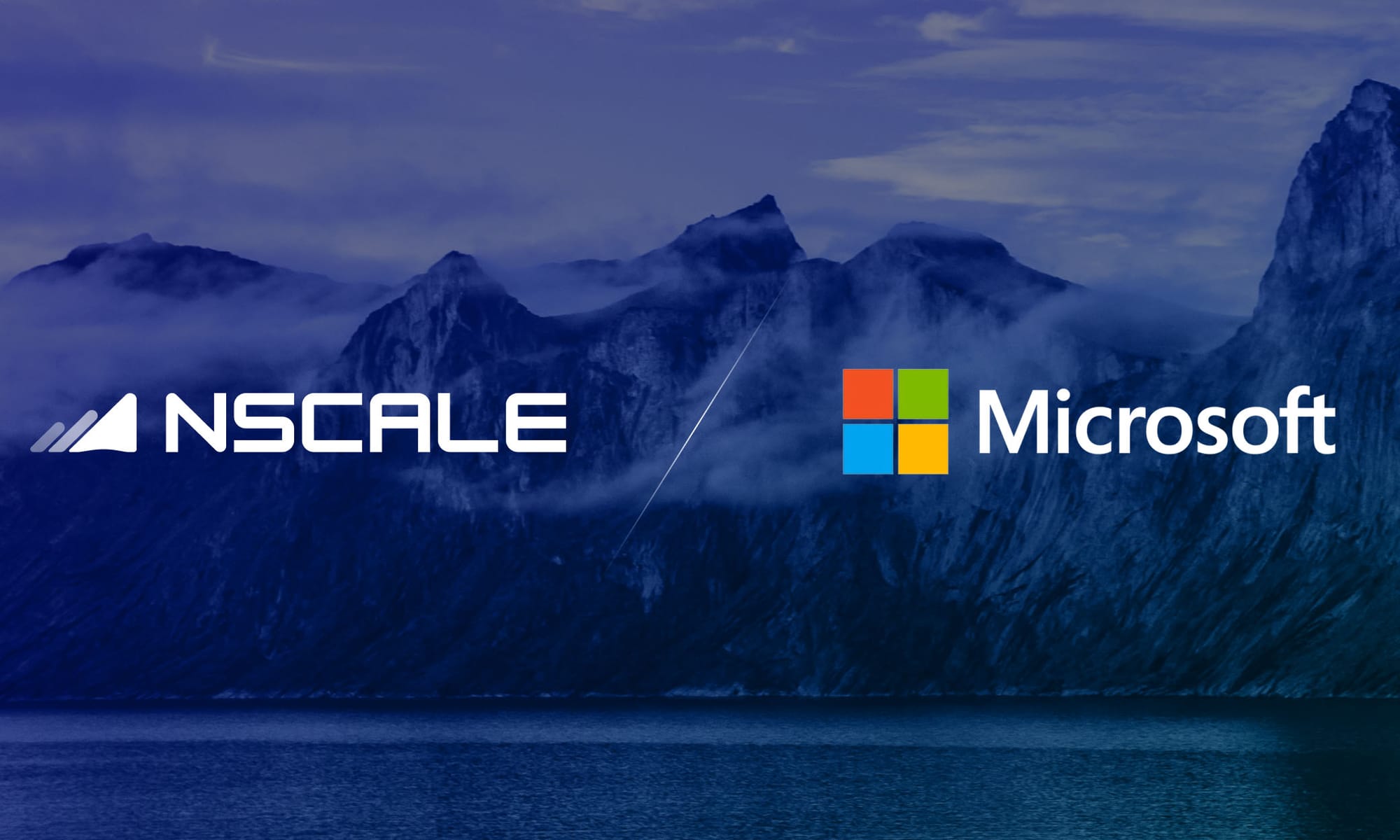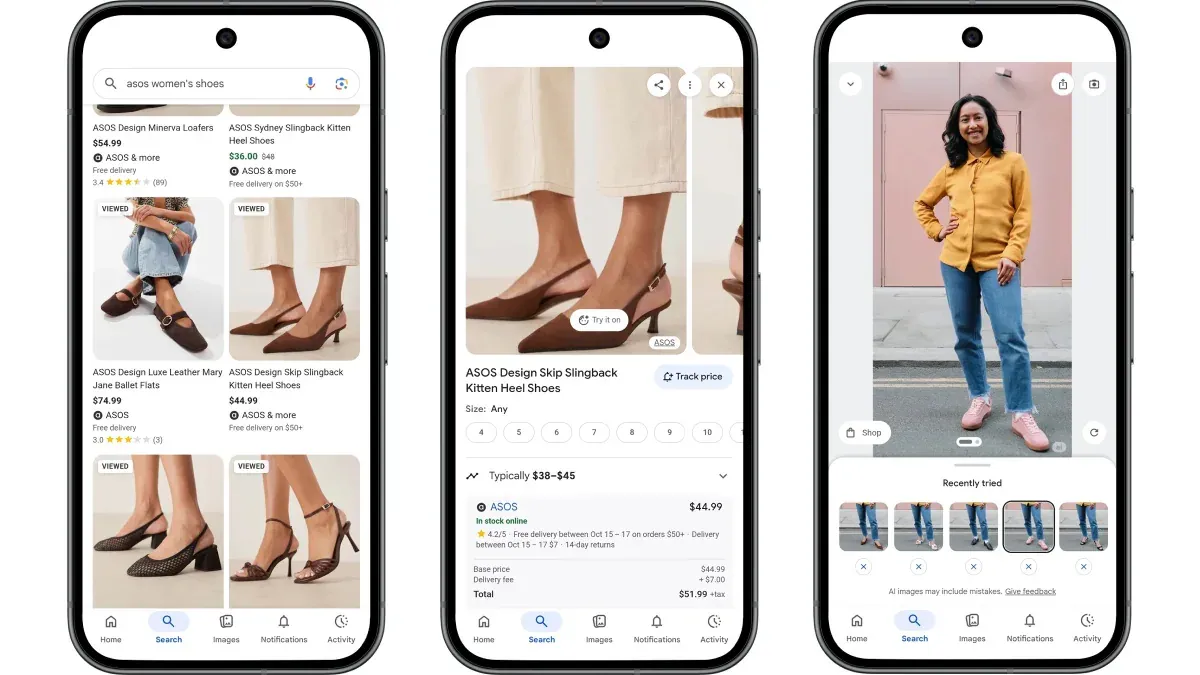AI’s Free Lunch Is Over

If you thought the internet was the Wild West, with AI cowboys rounding up every stray article, blog post, and meme for their training datasets, think again. In recent weeks, the world’s publishers have holstered their legal six-shooters and drawn a line in the digital sand: “No more free grub!” The age of AI companies quietly scraping the open web for free is rapidly drawing to a close, and it’s not just a few grumpy editors making noise. From technical blockades to lawsuits with enough paperwork to fell a small forest, publishers are fighting back—and the implications for the future of AI are profound.
The Great AI Scrape: How We Got Here
Let’s rewind a bit. For years, AI companies—think OpenAI, Google, Anthropic, and a host of upstarts—have been training large language models (LLMs) on vast swathes of the internet. The logic was simple: the more data, the better the AI. And what better data than the collective wisdom (and cat memes) of humanity, freely available on the open web?
But there was a catch: much of this content was created by publishers, journalists, and writers who, understandably, expected some form of compensation or at least a polite “may we?” before their work was hoovered up by algorithms. For a while, the AI firms operated in a legal gray area, relying on the open nature of the web and the ambiguity of copyright law. But as AI models became more powerful—and more lucrative—the stakes changed.





